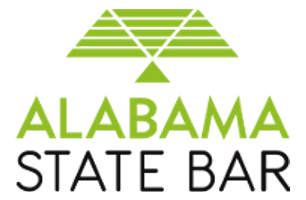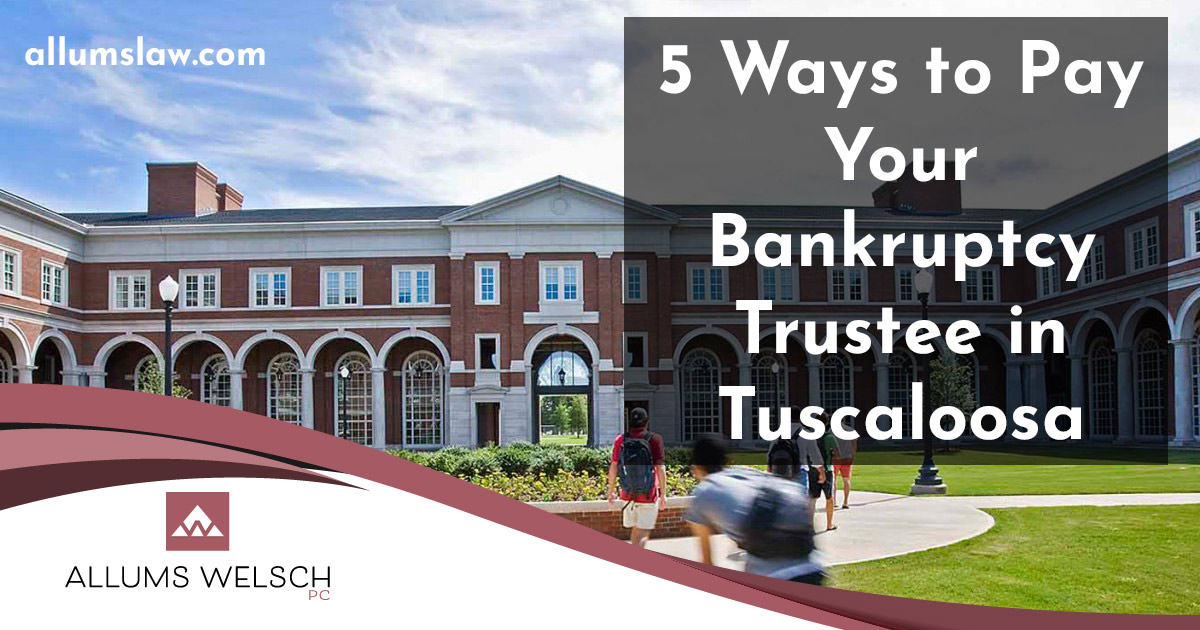The question of whether or not you can keep your car in a Chapter 7 bankruptcy process is a very common one.
Unfortunately, as is so often the case with bankruptcy matters, the answer is, “It depends.”
Normally, in a Chapter 7 bankruptcy, your goal is to wipe out your unsecured debt. It is not necessarily always also the case that you want to slide out from under a burdensome vehicle loan, although this is sometimes true.
Many are concerned that, if they file for bankruptcy, they will lose a needed vehicle, leaving them unable to commute to work, get to doctors’ appointments, shuttle kids back and forth to school, and to attend life’s other necessities.
The fear of losing a car can cause people to hold off on even having an initial conversation with a bankruptcy attorney.
It is important, first of all, to not be alarmed. Fear should not prevent you from exploring your legal options.
In a typical Chapter 7 bankruptcy case, most people do get to keep their cars—if they want to.
However, whether or not you can will depend, firstly, on whether you are still making payments on the car or whether your own it free of any title-encumbering lien.
Chapter 7 Bankruptcy When You Are Still Making Payments on a Car
Chapter 7 bankruptcy will wipe out most unsecured debt. (An unsecured debt is something like a credit card, medical debt, or personal loan.)
It can also wipe out secured debt, which is a debt which has collateral attached.
A car loan is an example of a secured debt.
When you buy a car, you borrow money, and the bank that lent you the money files a lien on the title to the vehicle. The car loan is then secured by the car: you cannot sell the car without paying the loan so that lender’s lien is lifted. If you fail to make the car payments, that lien on the car—the collateral—allows the lender to repossess the car.
When you file for Chapter 7 bankruptcy, if you are making payments on a secured car loan, do you get to keep the car?
In a Chapter 7 bankruptcy, you do have the option to surrender your car.
When you surrender a vehicle in Chapter 7, the lender takes possession of the vehicle that is collateral for the secured loan—but your contractual personal obligation to continue making installment payments is discharged. It is wiped away in the Chapter 7 process, just like any unsecured debt would be.
You do not, however, get to keep the car for free.
However, if you do not wish to surrender the vehicle, typically, in the Chapter 7 process, you will be asked whether or not you wish to reaffirm the car loan.
Reaffirmation means that, during the Chapter 7 process, you enter into an agreement with the vehicle loan lender that the car loan survives the Chapter 7 bankruptcy and is not discharged.
If you sign a reaffirmation agreement and get to the point you cannot afford to pay for the car, your lender will have the option to repossess your car and sue you for any deficiency balance.
There are many reasons why you may or may not wish to sign a reaffirmation agreement. A detailed discussion of the pros and cons of the reaffirmation process is outside the scope of this article.
However, signing a reaffirmation agreement should ensure that the lender will continue to report your ongoing timely payments to the credit bureaus after the bankruptcy where, otherwise, upon discharge, creditors are required to report a debt simply as “Closed; discharged in bankruptcy.”
Finally, there is a further option for retaining a car on which you are still making payments: redemption.
If you your vehicle has low value but a high balance, your bankruptcy attorney may discuss a further option known as redemption, in which you file a motion with the Bankruptcy Court seeking a court order allowing you to pay the lender only what the vehicle is worth, discharging the balance owed, and requiring the lender to lift its lien from your title.
This is a form of bankruptcy litigation where an experienced attorney will be best suited to advise you.
Chapter 7 Bankruptcy When a Car Is Free and Clear
What if the vehicle is paid in full, with no lien encumbering its title? Do you still get to keep it in a Chapter 7 bankruptcy in that case?
That depends as well—and it depends primarily upon the value of the car.
A Chapter 7 bankruptcy is a “liquidation bankruptcy.”
That is, in return for the benefit of walking away from your dischargeable debt without repaying any of it, your assets are subject to liquidation in the Chapter 7 process in order to generate a pool of money for at least partial repayment of the debts you owe.
The majority of people who file Chapter 7 bankruptcy do not lose much property, despite this.
The Bankruptcy Code and Alabama State law allow you to protect certain types of property from liquidation up to certain dollar value caps.
Thus, the valuation of the car plays a significant role in the question of whether it can be protected in an Alabama Chapter 7 bankruptcy proceeding.
For example, if you have a $40,000 paid-for SUV and you file a Chapter 7 bankruptcy case, you are more than likely going to lose that SUV.
The Chapter 7 Trustee assigned to your case by the Bankruptcy Court is tasked with the job of seizing and liquidating property for the benefit of your creditors. Any Alabama Chapter 7 Trustee would be highly interested in a $40,000 SUV with a free-and-clear title.
Keeping a Car in Alabama Chapter 7 Bankruptcy Cases: The Takeaway
The takeaway with regard to keeping your car in a Chapter 7 bankruptcy is that it is a fact-specific analysis that requires that assistance of an experienced Alabama bankruptcy attorney.
If you have a lien on your title and are still making payments on the vehicle loan, you will need to discuss in detail whether or not it is worth retaining the car at all, and, if it is, whether or not to sign a reaffirmation agreement if your lender provides one.
If redemption is a cost-effective option for you, this is a very bankruptcy-specific form of litigation for which an attorney’s assistance will be your only real chance of success.
If your vehicle is owned free-and-clear, your bankruptcy attorney will discuss whether or not the vehicle can be protected from the Chapter 7 Trustee’s liquidation power at all, relative to the value of your other personal property.
However, if this is the case, it may be that a Chapter 13 bankruptcy, in which no assets are ever liquidated, is a better fit for you.
In other words, everyone wants a straightforward answer—but, in bankruptcy, these are few and far between.
The uncertainty of how you are going to pay your mortgage, car payment, or credit card debt can be unbearable. We offer an all-inclusive way to manage your debt problems by providing you with an action plan that is individually designed to show you the light at the end of the tunnel and a path to rebuild your credit.
If you would like to discuss an action planned individually designed for you, contact us now to schedule a free consultation.





